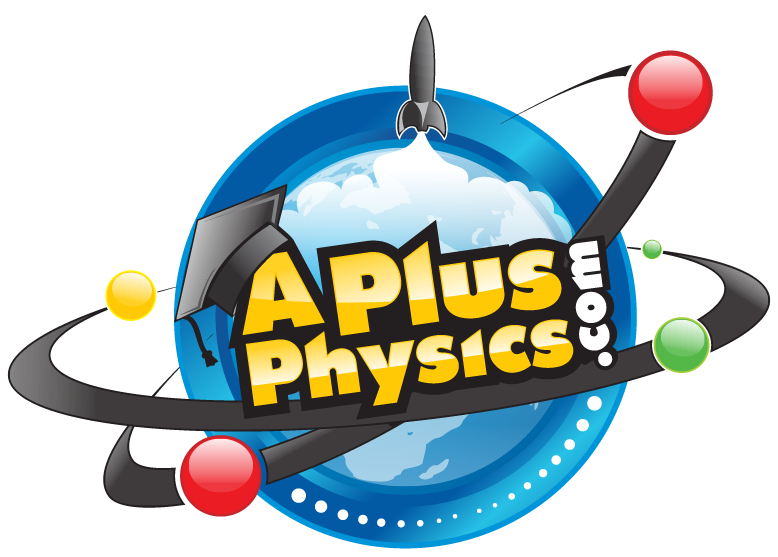How to Get the Most Out of Studying
Video 1
a. 4 beliefs that make people stupid:
· Learning is fast
· Knowledge is composed of isolated facts
· Being good at a subject is inborn talent
· I’m good at multitasking
b. I tend to try to multitask while doing homework by checking my phone every once and a while, but then I have to go back and reread so in the end it actually takes longer
c. Metacognition: A student’s awareness of their level of understanding of a topic
Video 2
a. Most important factor in successful learning: what you think about while studying
b. Deep processing: matching new information with already learned information and comparing and contrasting the two
c. 4 items that help learning:
· minimizing distractions – don’t have my phone right next to me while trying to do homework
· developing accurate metacognition – don’t overestimate the amount of material that I actually know and instead take the time to learn what I don’t know
· deep processing of critical concepts – don’t just skim through something just to get it done and instead relate it to something I already know
· practicing retrieval and application – quiz myself on the new material after I have finished learning it
Video 3
a. 6 aspects of optimizing learning:
· elaboration – relate this concept to other concepts not only taking notes on the one video but relating it to things learned in other videos
· distinctiveness – prove how this concept is different from other concepts by knowing the difference between integrals and derivatives
· personal – relate this concept to personal experiences by forming the weekly blog posts on something I find interesting
· retrieval and application – use and apply this concept within the weekly blog posts and webassign
· automaticity – practice information so it occurs without conscious effort by writing equations without having to look at the reference table
· overlearning – study beyond just knowing information so it can be recalled quickly by looking over notes again before answering questions so I don’t have to constantly look back at them
Video 4
a. 6 questions from the video:
· What is metacognition?
- A student’s awareness of their understanding of a topic
· How did the teacher test for metacognition?
- The teacher created a graph of the grades the students thought they would get vs. the grade they actually received and it showed that most students have poor metacognition
· How does poor metacognition hurt academic success?
- You might overestimate how well you know something and then get a bad grade
· Why would metacognition that was good in high school be bad in college?
- In college you have to apply knowledge to situations, whereas in high school you are mostly memorizing facts
· What are the central differences between deep and shallow processing?
- Deep processing is applying and relating information to something already learned, shallow processing is merely memorization
· Name a task you already do where you automatically use deep processing?
- Reading and annotating a book
b. In video lessons, it is hard to write down everything the instructor is saying word for word, so instead it is better to listen and then summarize what was said with an example to recall for later use. Taking notes on the video engages you by intently listening and processing what is being said in order to fully understand the content. It is also important to create sections and title the notes so that you know exactly where to go back and look for a certain topic.
c. A study group would obviously be of use in this class and most classes because others can help you learn information you don’t know and sometimes teaching is one of the best ways to learn!
Video 5
a. What to avoid if an exam goes poorly: panicking and going into denial
b. What to do if an exam goes poorly: examine how you prepared, review the exam, talk with the teacher, examine your study habits and if they are effective, and develop a plan for the next exam
c. Helpful strategies to raise your grade: commit time and effort, minimize distractions, attend class, set realistic goals, don’t begin to slide or slack off, and don’t give away points


1 Comment
Recommended Comments